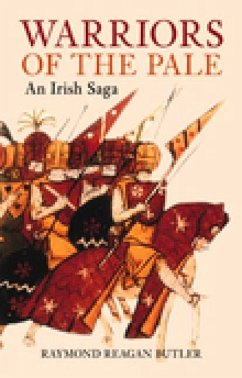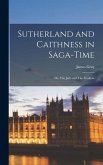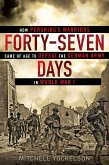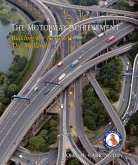In 1185, King Henry II of England sent a messenger to Rome, requesting that his youngest son, Prince John, should be recognized as King of Ireland. With the request granted, John went to Ireland to fight for his dominion and with him went Theobald Walter, the first of the warriors of the Pale--that part of Ireland completely under English rule in the Medieval period. The Butlers would produce an unbroken succession of male heirs right down to 1515. For the first two centuries the military struggle between the native Irish and the Normans was a bloody stalemate; then in 1399 Richard II attempted to quell the Irish chieftains once and for all, but was pushed back to the Pale--and in the process lost the English throne to Henry IV. Raymond Butler follows the fascinating and not always well-documented military struggle in Ireland, focusing upon the extraordinary Butler dynasty, who supported the English kings and were duly rewarded, the eighth earl being made Chief Governor of Ireland by Henry VIII. The last of the great warriors of The Pale, the "Black Earl," was Lieutenant-General of Ireland at his death in 1614, still loyal to the English King James I: though the Butlers had not always been loyal, not when their vast lands and wealth had been threatened. This is a 400-year-long story of pitched battles, shifting loyalties, political confusion, assimilation, treachery, and military prowess that sheds new light on the entwined histories of England and Ireland.








